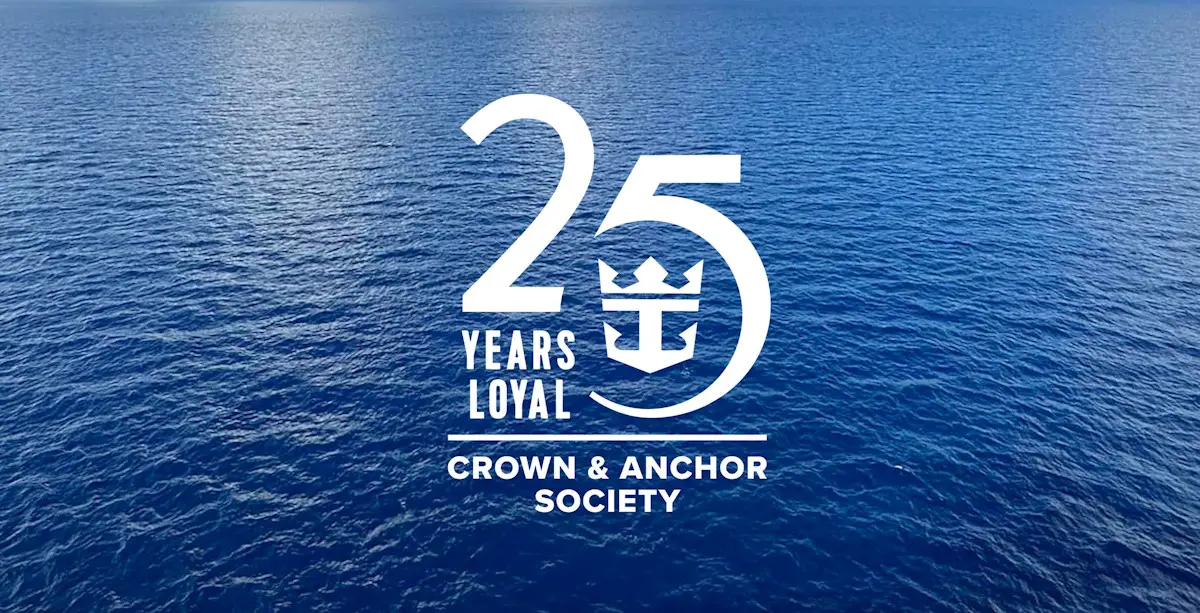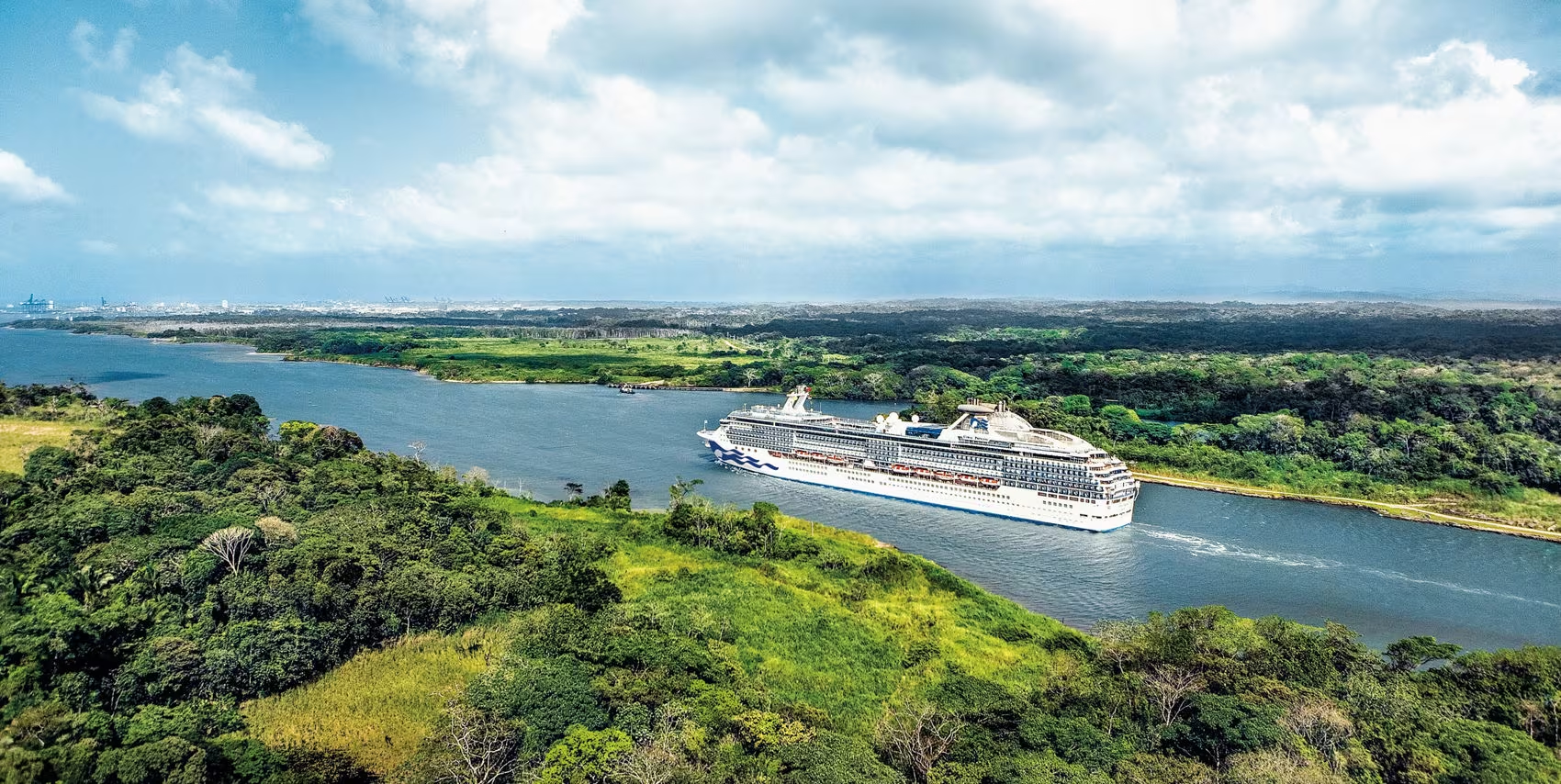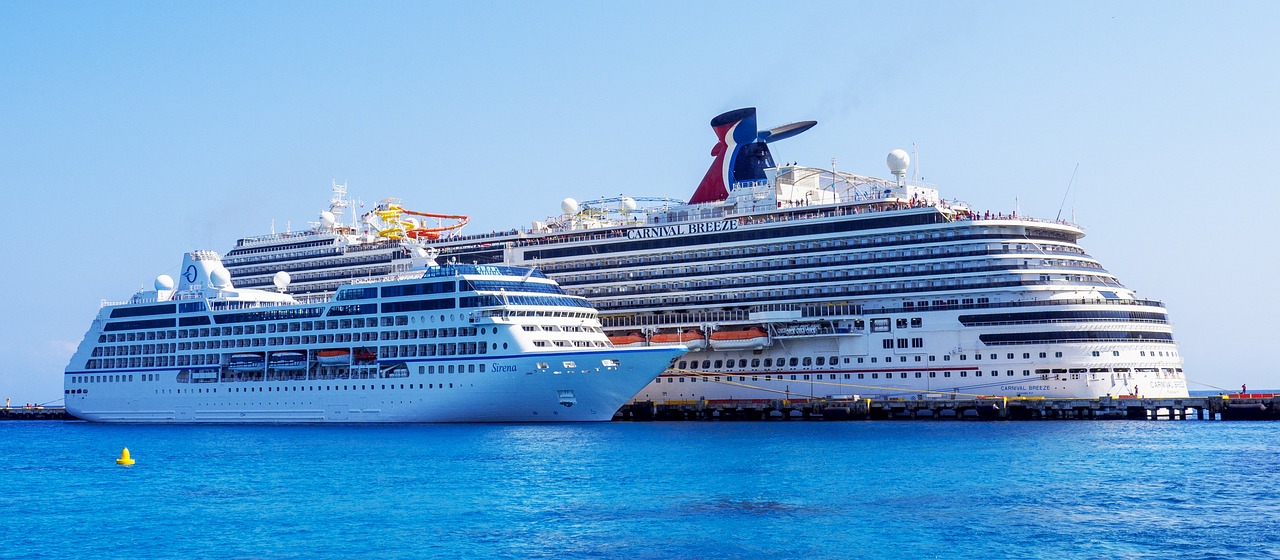Home » Do I need a passport to go on a cruise?
Do I need a passport to go on a cruise?
Last updated on June 9th, 2024 at 02:44 pm
The short answer is: Get a Passport. But, most cruise lines allow U.S. citizens to cruise without a passport as long as it is a closed-loop cruise. This means the cruise must start and end at a port within the United States and passengers can still get off the ship for a day excursion in a foreign port.
Many people from the United States wonder if it’s possible to cruise without a passport and go on a cruise with only a birth certificate or passport card to show as ID.
BUT, if a situation were to arise and your cruise ended early before you got back to the U.S., you could find yourself in a situation where you might have a hard time navigating healthcare and transportation in whatever country you ended up in, as well as getting back to the United States.
For example, ships are not equipped to handle serious medical emergencies and will try to get sick or injured passengers off the ship for proper medical attention as quickly as possible, and will require those travelers to disembark at the next port.
Or, in very serious circumstances, you may be airlifted off the ship by helicopter and could be sent to the nearest hospital, which might be a foreign country.
Ships can also have mechanical issues which require them to deviate from the schedule and dock at the closest foreign port and if the captain decides the cruise can’t continue, a flight home is tricky without a passport, and a birth certificate or passport card won’t cut it.
When In Another Country, Their Rules Prevail
In March 2022, the Norwegian Escape was departing from a lovely day in the Dominican Republic when winds blew them off course and they ran aground on the seabed. After returning to the port to examine the underside of the ship for damage, it was determined the ship needed repairs and all passengers had to be flown back to the port of departure in the United States.
Due to the Dominican Republic’s foreign policies, passengers without passports were not allowed off the ship to go to the airport to fly home (on flights chartered by Norwegian) until speaking with the U.S. Embassy.
It doesn’t cost a lot of money or take a lot of time to get a passport as long as you prepare for it a few months before your cruise is scheduled. It’s better to be prepared for the worst case scenario than risk being stranded in a foreign country.
Can You Just Use Your Birth Certificate?
Many people from the United States wonder if it’s possible to cruise without a passport and go on a cruise
with only a birth certificate or passport card to show as ID.
BUT, if a situation were to arise and your cruise ended early before you got back to the U.S., you could find
yourself in a situation where you might have a hard time navigating healthcare and transportation in
whatever country you ended up in, as well as getting back to the United States.
For example, ships are not equipped to handle serious medical emergencies and will try to get sick or injured
passengers off the ship for proper medical attention as quickly as possible, and will require those travelers to
disembark at the next port.
Or, in very serious circumstances, you may be airlifted off the ship by helicopter and could be sent to the
nearest hospital, which might be a foreign country.
Ships can also have mechanical issues which require them to deviate from the schedule and dock at the
closest foreign port and if the captain decides the cruise can’t continue, a flight home is tricky without a
passport, and a birth certificate or passport card won’t cut it.
In March 2022, the Norwegian Escape was departing from a lovely day in the Dominican Republic when
winds blew them off course and they ran aground on the seabed. After returning to the port to examine the
underside of the ship for damage, it was determined the ship needed repairs and all passengers had to
be flown back to the port of departure in the United States.
Due to the Dominican Republic’s foreign policies, passengers without passports were not allowed off the ship
to go to the airport to fly home (on flights chartered by Norwegian) until speaking with the U.S. Embassy.
Open and Closed-loop Cruises
Before you take a cruise, you will need to find out if the ship’s itinerary is a closed-loop or an open-loop.
A closed loop cruise will begin and end in the same U.S. port. These types of cruise usually don’t require a
passport. The ship may stop in several countries, but it will start and end in the same port in the U.S.
An open-loop cruise will begin in one U.S. port and end in another.
While there are several destinations that you can cruise to without a passport, like Alaska, The Bahamas,
Mexico, Bermuda, Hawaii, the Caribbean and Canada, there is still a caveat.
The Bahamas, Mexico, Bermuda, the Caribbean and Canada are all foreign ports and only qualify for the
passport exception if they are just a stop along your cruise ship itinerary. If the cruise originates in any of
those countries, then you will need a passport.
Even if your cruise is a closed-loop cruise, some foreign ports require a passport for disembarkation.
Barbados, Guadeloupe, Haiti, Martinique, St. Barts and Trinidan and Tobago all require a valid passport.
Don’t Be Turned Away
If the itinerary for your cruise includes a country that requires a U.S. passport, you will need to have your
valid passport on embarkation day. If you don’t have it, you won’t be allowed to board.
It doesn’t cost a lot of money or take a lot of time to get a passport as long as you prepare for it a few months
before your cruise is scheduled. It’s better to be prepared for the worst case scenario than risk being stranded
in a foreign country.
Keep It Safe So You Won’t Be Sorry
Once you have your passport, you’ll need to keep it safe while traveling. Passports are a hot commodity on the
black market. Thieves use passports to steal your identity, travel illegally and also commit acts of terrorism.
Don’t Let Go
If you have to have your passport out, keep it in your hand. Avoid the temptation to set it on a counter or
table. Once you are done using your passport, put it away. Sliding your passport in your pocket or backpack
can still offer a thief an opportunity to steal it. A money belt or a passport pouch that hangs around your neck
and tucked down your shirt is harder to pilfer a passport from. If you get a passport pouch, get one that has
a security cable that prevents it from being snatched.
When onboard, keep your passport in your cabin safe. When the ship is not docked, there would be no need
for you to have your passport on your person.
Be alert and aware of your surroundings. This is good all around advice for any situation. Leave space
between you and others that you don’t know who might “accidentally” jostle you.
If you disembark, there are some countries where policemen may be in everyday clothes. They may ask to see
your passport. Look for official identification, like a badge or other ID. If you are unsure, tell the person that
you will accompany them to the police station and show your passport there.
Make a copy of your passport before sailing or scan it into your smartphone. Leave a copy at home with a
trusted friend or family member.
If you happen to lose your passport, or have it stolen, contact the U.S Department of State immediately.
Final Thoughts
The path of least resistance, and the one that sets you up for success is to get a passport. Period.
The time, money, disappointment and interrupted cruise are not worth trying to sail without a passport. It
can take six to eight weeks to get one. If you already have a passport, it must not expire within six months of
your arrival in a foreign country. If it does, it isn’t considered valid for international travel.
To learn more about obtaining a US Passport, Click here.
RECENT POSTS

What Does It Take To Keep Cruise Passengers Fed?

Royal Caribbean Cruise Line Loyalty Programs: Sailing to Rewarding Adventures

Retirement Home Vs Life At Sea On A Cruise Ship

Do I Need Travel Insurance For A Cruise?

The Pros And Cons Of Cruising On A Smaller Cruise Ship

